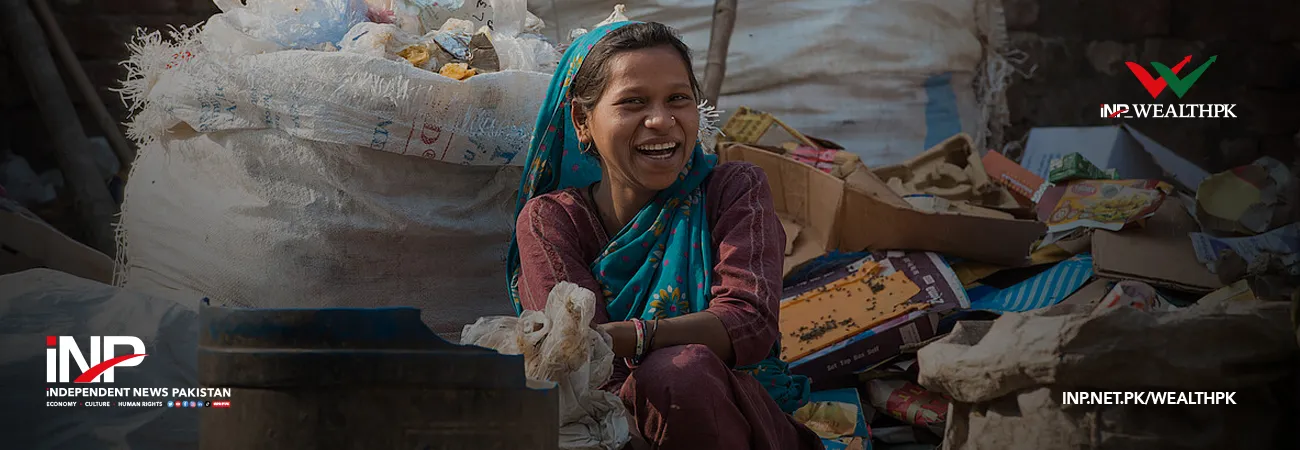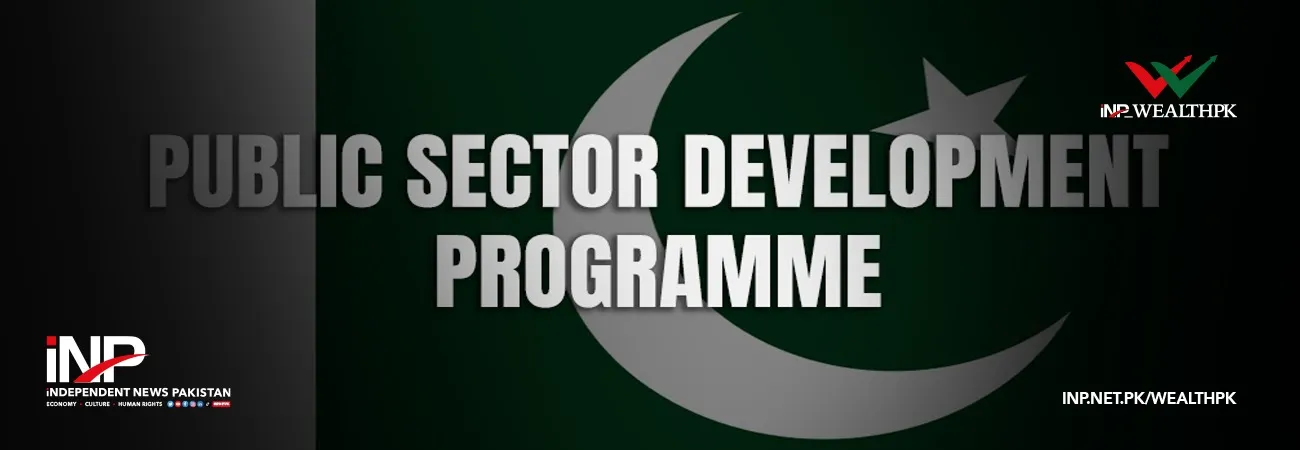INP-WealthPk
Amir Saeed
The informal sector – estimated to be worth $457 billion – surpasses the formal economy, underscoring policymakers' need to address this serious challenge. Speaking to WealthPK, Dr. Anwar Shah, a professor at the School of Economics at Quaid-e-Azam University Islamabad, said an informal economy is all non-documented. It is a huge problem for the government because it needs tax, which is only possible if all the businesses are documented. He explained that excessive tax rates, coupled with a complex and often arbitrary tax administration, have led to a significant burden on the businesses, forcing many entrepreneurs to opt for the informal sector. He lamented that the informal sector's persistent growth is a pressing concern, as it indicates a significant portion of businesses and individuals operating outside the tax net, causing substantial revenue losses to the national exchequer.
Documented businesses do not want an informal economy, as they cannot compete with them due to the high costs and prices. The smuggled products are cheaper and more challenging to compete with. Informal businesses often operate outside the tax and regulatory frameworks, giving them a cost advantage over formal businesses. "To tackle this issue, the government should leverage Information Technology (IT) to formalise the informal sector. One approach is to implement an e-payment system, enabling businesses and individuals to make tax payments online, reducing the complexity of tax compliance," he suggested.
The QAU economist concluded that the establishment of a national digital identity system will enable the government to monitor economic activity and identify areas where informal economic activity is prevalent. Speaking to WealthPK, Shafqat Ullah, an economic researcher at the National University of Modern Languages (NUML) Islamabad, disagreed that an informal economy worsens a formal economy. Substantiating his assertion, he said, for example, that small huts in Islamabad are informal, but they help many poor people by giving them cheaper food. However, smuggling is an informal economy that worsens a formal economy.
The informal sector often misallocates resources, as the decisions are based on short-term gains rather than long-term sustainability, hindering innovation and investment in research and development. Explaining further, he said if the informal economy is high, even then, people will not opt for formalization due to taxation and the inability to compete. Informal activities can lead to underpricing, making it difficult for formal businesses to compete.
He suggested that the government use data analytics and machine learning algorithms to detect and prevent tax evasion, identifying patterns and anomalies in the economic data. This will enable targeted interventions and force informal businesses to formalize their operations. "Integrating the informal sector into the formal economy requires reforming the tax laws and streamlining compliance processes. This will free up a large amount of revenue potential that is currently limited by the dominance of the informal sector," he concluded.
Credit: INP-WealthPk













